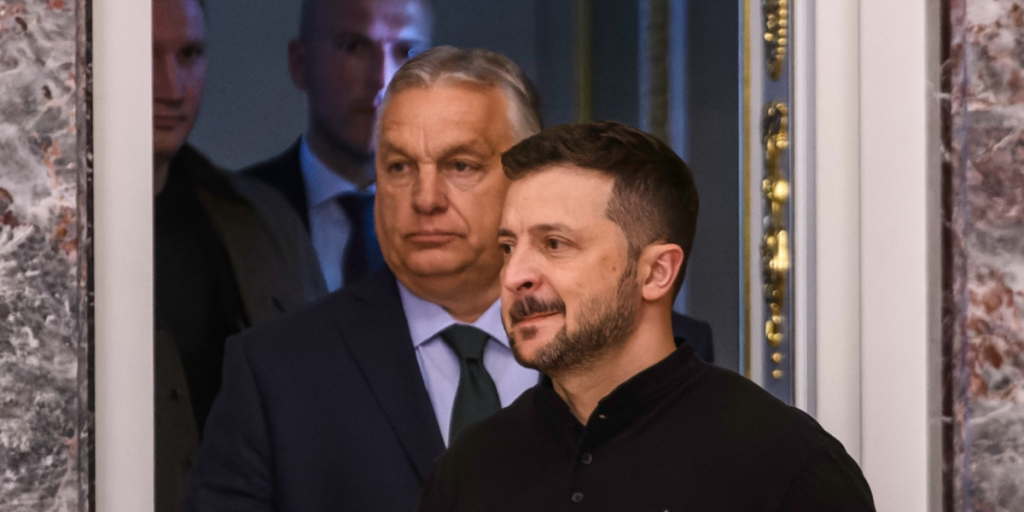In response, the Ukrainian Foreign Minister Andriy Sibiha told Hungary, that “there is no need to tell the Ukrainian President what to do or say and when”.
Others are reading now
In response, the Ukrainian Foreign Minister Andriy Sibiha told Hungary, that “you don’t need to tell the Ukrainian President what to do or say and when”.
What is happening?
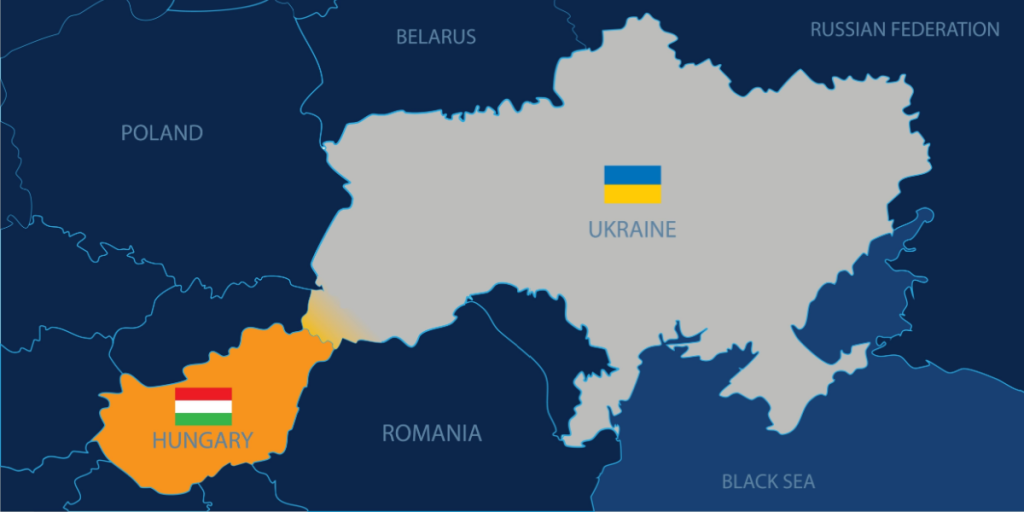
Tensions are flaring between Ukraine and Hungary after a Ukrainian drone strike disrupted a major Russian oil pipeline.
The strike briefly halted crude oil deliveries through the Druzhba pipeline—an essential supply route for Hungary—triggering a sharp diplomatic exchange.
Zelensky hints at pipeline leverage
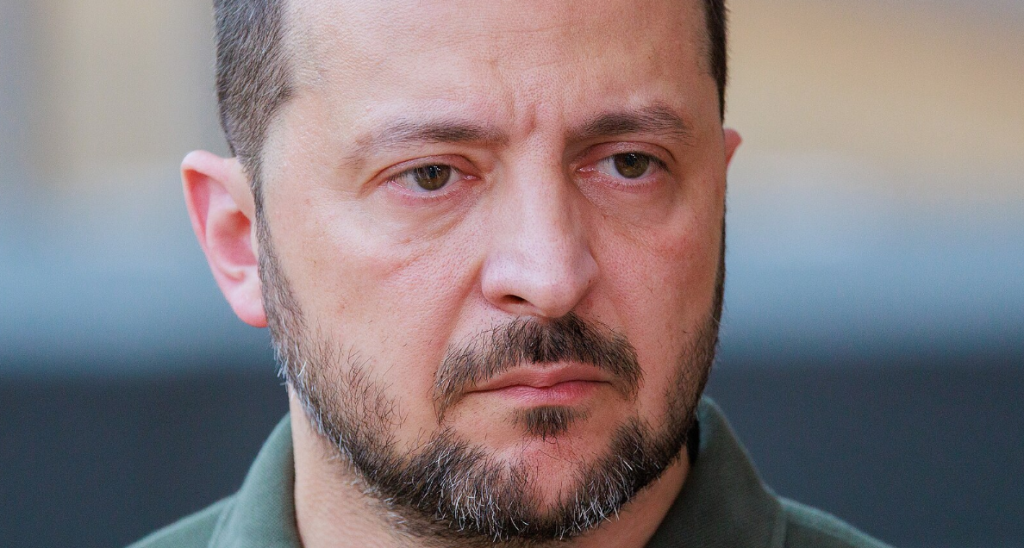
Speaking on Aug. 24, Ukrainian President Volodymyr Zelensky suggested that Hungary’s support for Ukraine’s EU membership could influence the future of the Druzhba pipeline.
“The existence of ‘Druzhba’ depends on the position of Hungary,” he said, referencing the name, which means “friendship” in Russian.
Also read
Hungary accuses Ukraine of threats
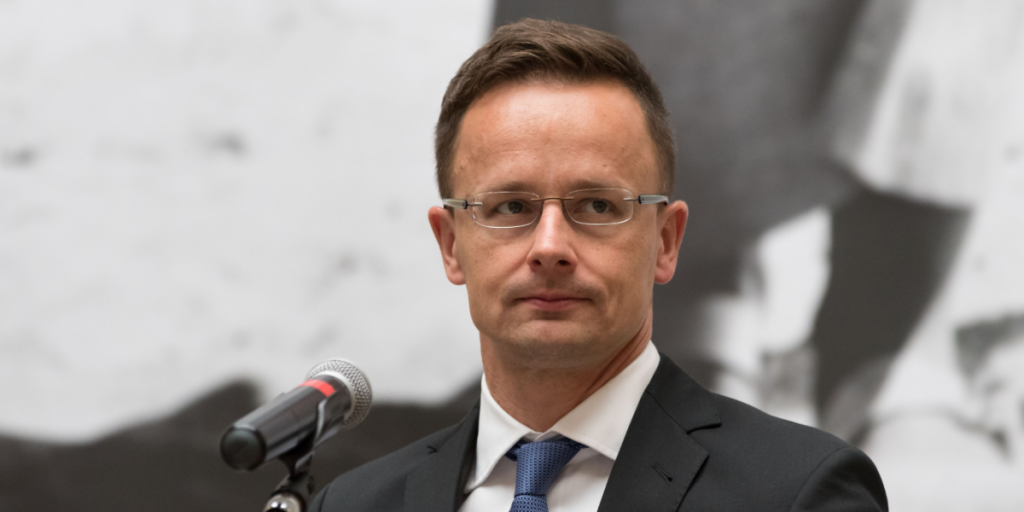
Hungary’s Foreign Minister Peter Szijjarto swiftly condemned Zelensky’s comments, calling them a direct threat to Hungarian sovereignty and energy stability.
“We urge Volodymyr Zelensky to stop threatening Hungary and to stop risking our energy security,” Szijjarto stated on Facebook.
Kyiv fires back at Budapest
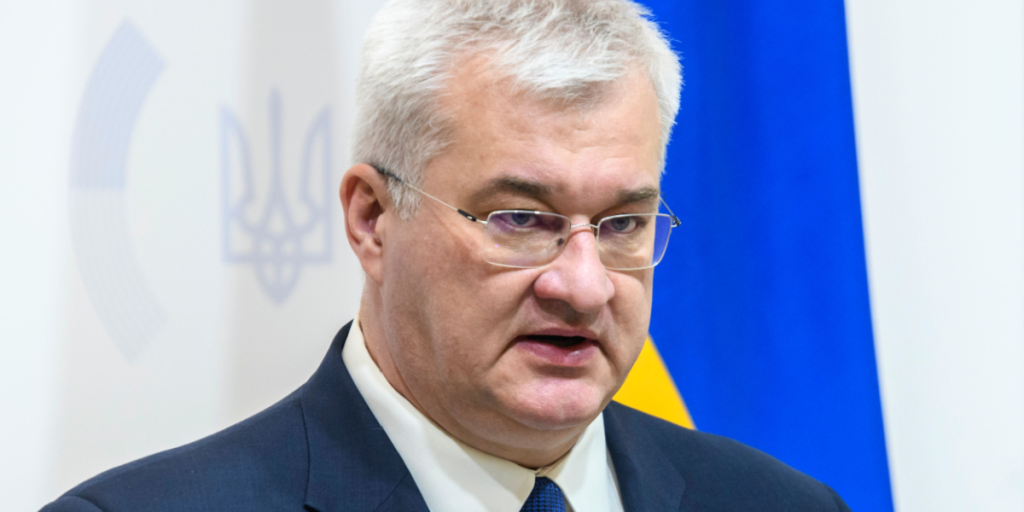
Ukraine’s Foreign Minister Andrii Sybiha shot back on social media, defending Zelensky’s position and challenging Hungary’s reliance on Russian energy.
“You don’t need to tell the Ukrainian President what to do or say,” he wrote on X. “Hungary’s energy security is in your own hands.”
Attack on Russian pumping station sparks outrage
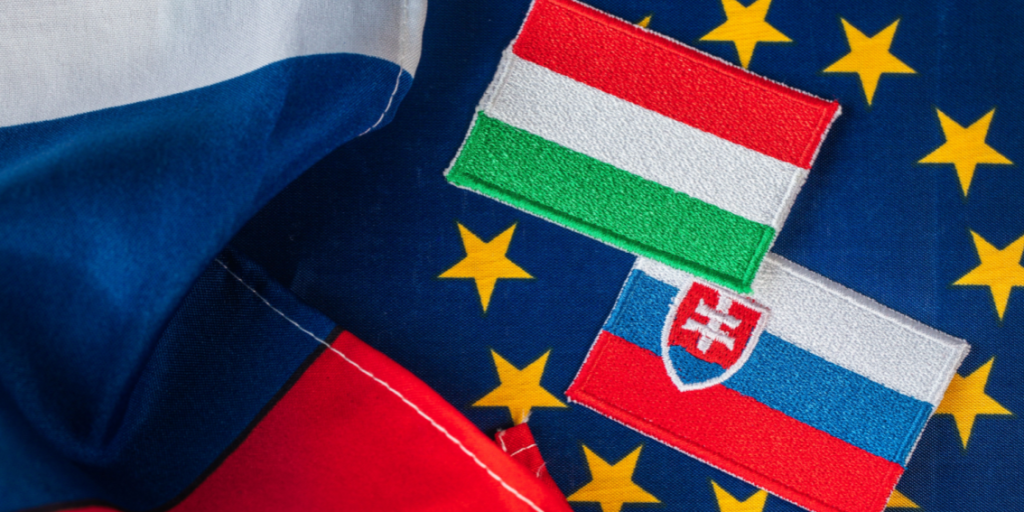
The diplomatic row follows Ukraine’s Aug. 18 drone strike on the Nikolskoye pumping station in Russia’s Tambov Oblast.
Also read
The strike temporarily knocked out a section of the Druzhba pipeline, interrupting oil flows to both Hungary and Slovakia.
A lifeline for Russian crude oil
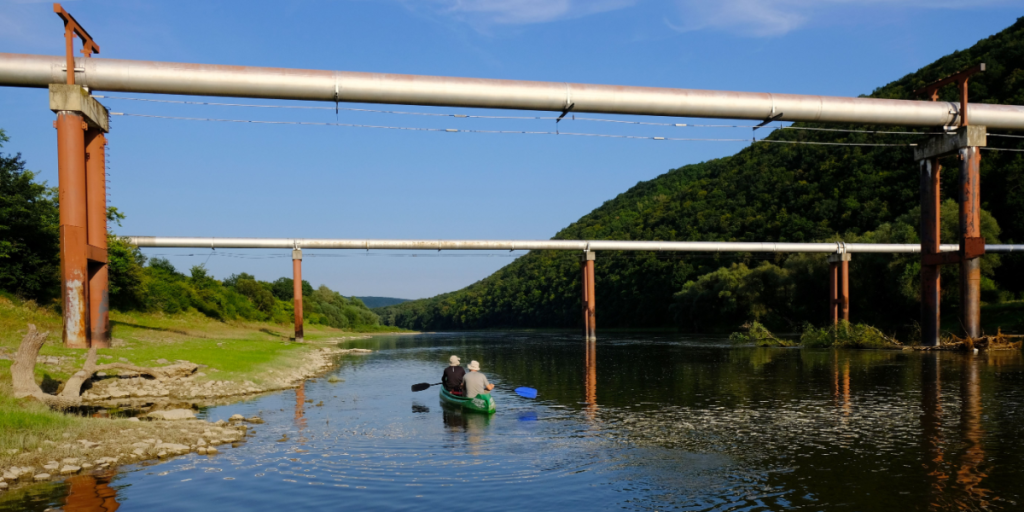
The Druzhba pipeline is one of the largest oil transport systems in the world.
Despite EU sanctions, Hungary and Slovakia remain two of the few EU countries still importing Russian crude through the route, with July purchases valued at $232 million and $196 million, respectively.
Hungary’s resistance to EU sanctions
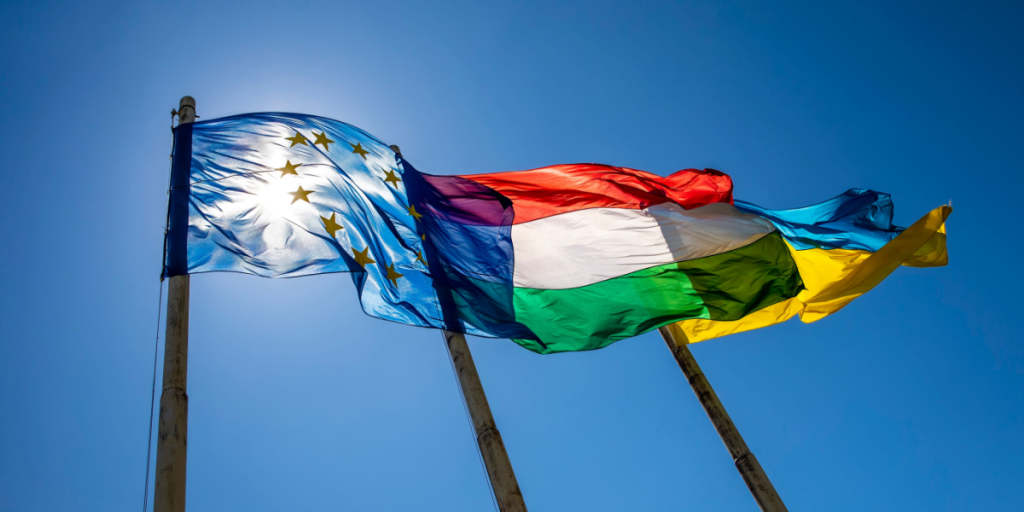
Hungary has consistently pushed back against broader EU efforts to cut ties with Russian energy.
It has also used its veto power to slow down Ukraine’s accession process to the European Union, deepening the rift between Kyiv and Budapest.
Also read
Kyiv’s ongoing strategy: Target Russian oil
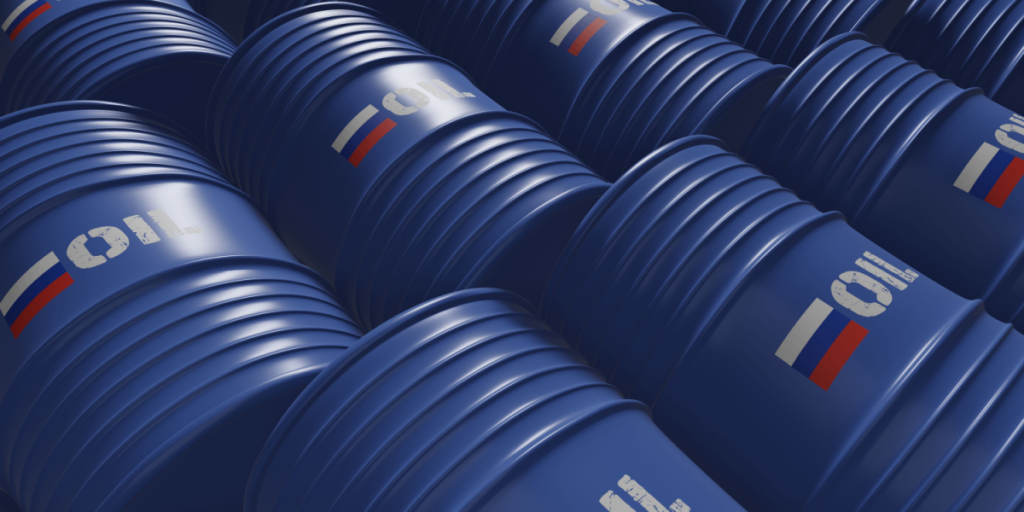
Ukraine has made targeting Russian oil infrastructure a central part of its military strategy.
By hitting pipelines, refineries, and storage sites, Kyiv aims to disrupt Moscow’s wartime economy and reduce its capacity to fund the invasion.
Friendship pipeline now a political weapon
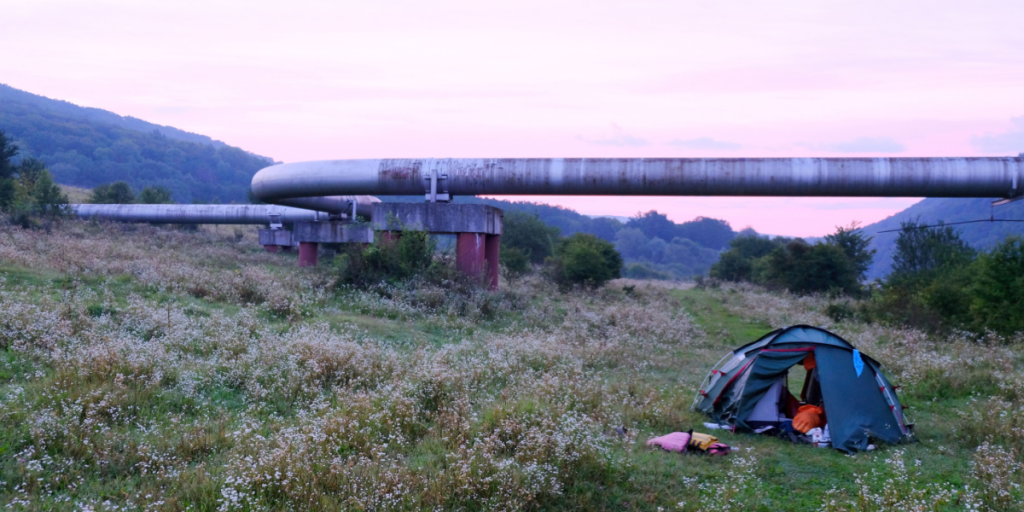
What was once a symbol of cooperation—the Druzhba or “Friendship” pipeline—has become a potent geopolitical tool.
With both sides leveraging energy as a weapon, the pipeline’s future hangs in the balance of EU politics and battlefield outcomes.
A growing divide in Europe’s East
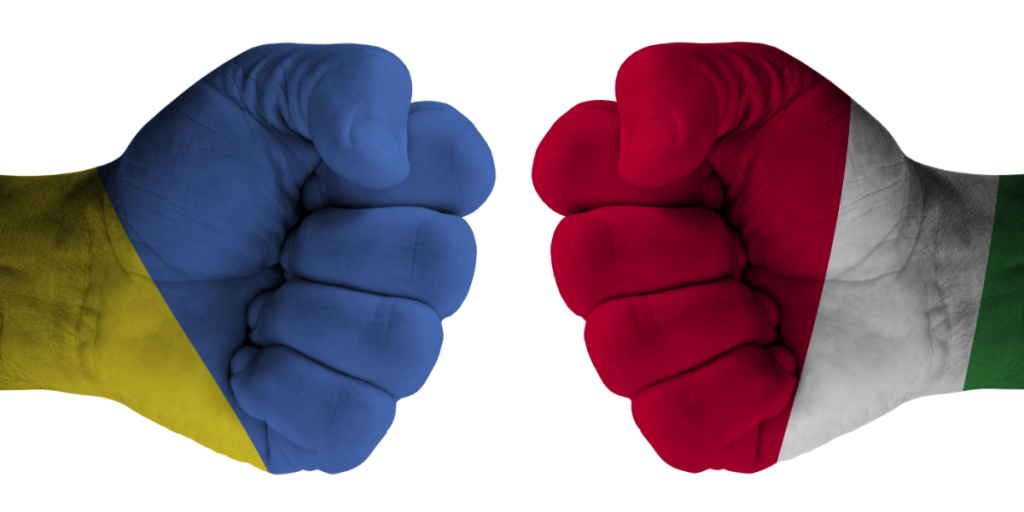
As war grinds on and diplomatic ties fray, the rift between Ukraine and Hungary underscores deeper divisions within the EU over how to deal with Russia.
Also read
Energy security, EU expansion, and wartime strategy have now become deeply entangled.

